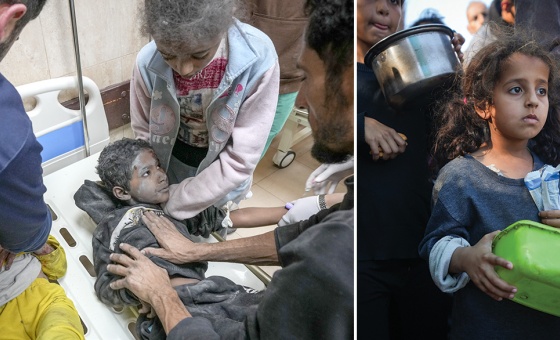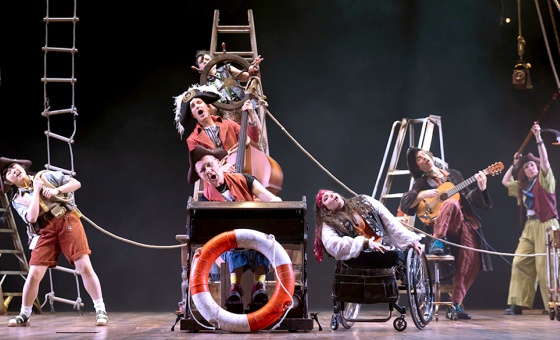This is the last article you can read this month
You can read more article this month
You can read more articles this month
Sorry your limit is up for this month
Reset on:
Please help support the Morning Star by subscribing here
GRENFELL Tower survivor Rukayetu Mamudu is a thousand times right to condemn the system that let down firefighters who followed instructions, telling residents to remain indoors during the fire.
“People were trusting the firefighters’ words. And the firefighters relied on the system. The system should never have deceived them. The system let them down,” she said.
The instructions were based on the belief that each flat was a concrete box, with secure fire doors and windows, and that a fire in a single flat could be isolated, contained and extinguished.
Firefighters were not to know that the local Tory council, which owned the tower, and its arm’s-length management organisation (almo), had prejudiced the safety of the building and its residents through a botched refurbishment.
Far from the doors and windows being fire-resistant, they were compromised through replacement by inferior products.
The almo fitted panels as adornments to the outside of the tower, which, far from resisting the blaze, helped conduct it at high speed up and around the tower.
The council authorised a cheaper version of the panels, justifying Fire Brigades Union leader Matt Wrack’s charge that “the government and local council gave priority to saving money over protecting people.”
That reality emerged clearly in the days after the disaster when local people began questioning what had gone wrong.
Yet there has been an insidious campaign in recent weeks to blame firefighters for telling residents to follow guidance they had been given, ignoring the reality that they had no reason to do otherwise.
Alarm bells rang when Scotland Yard announced a police investigation into the “remain indoors” advice, suggesting that individual fire service members could be at risk of prosecution.
Both firefighters and residents were betrayed by decisions taken by penny-pinching politicians to skimp on safety measures and to compound their crime by failing to check how these economies had affected the fire safety of Grenfell.
Rigorous checking of panelling, rather than acceptance of advertisers’ claims, could have laid bare the reality of a tragedy waiting to happen and prevented it from so doing.
Mamudu’s questions about safety certification and standards for accommodation intended for poor people must be answered by the current inquiry and honoured by the political authorities.
Residents, firefighters and other emergency services personnel went through hell at Grenfell. Their hell is ongoing.
Questions cannot be fended off with flannel nor recommendations confined to generalities about everyone needing to learn lessons. Answers are needed that guarantee no repeat of Grenfell.
Positive signs on the Korean peninsula
ARDENT cold warriors complain that the statement signed in Singapore by Donald Trump and Kim Jong Un “lacks specifics” or that the US president has made too many concessions.
Their reasons are twofold — they want to see regime change in North Korea and they regard Trump’s agreement to halt US military exercises around South Korea as synonymous with shelving the military option.
Let’s hope the whiners are right on both accounts. Political change in North Korea is a matter for the North Korean people and the last thing any Koreans need is another war.
While neoconservatives hanker after foreign policy by diktat, the US president appears convinced at present that a denuclearisation deal can be negotiated cautiously.
He recognises that the annual US-South Korean War games are “provocative,” as well as costly to the US Treasury, so why persist if he seeks agreement.
Round one has gone to the peace camp. As Trump himself says, “let’s see what happens” as the talks progress.












